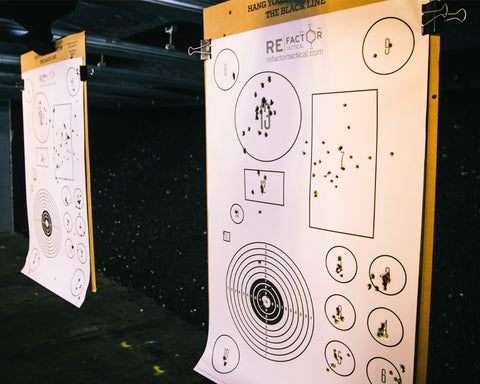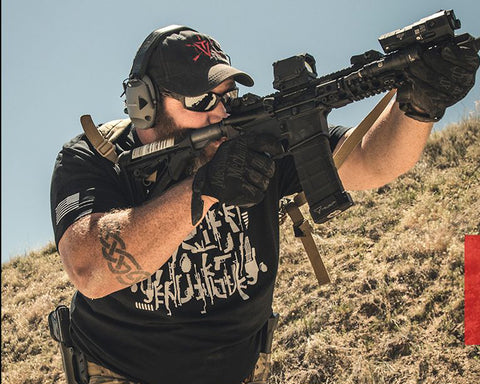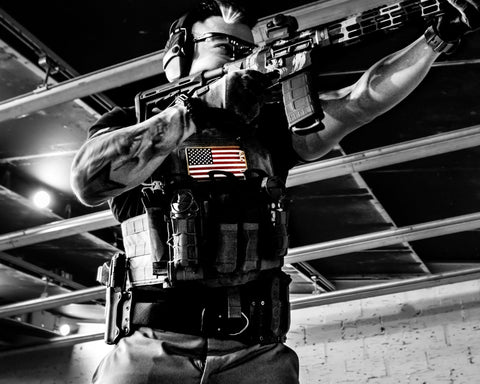Blackwater Guard Nicholas Slatten is facing his third trial on Nov 5 for his role in the 2007 Nisour Square Massacre. The trial is expected to last approximately 15 days.

To back-brief you a little, Blackwater worked under a contract as a private security firm with the State Department. Unfortunately, during a mission in Baghdad on September 16, 2007, some shady crap went down and Slatten is facing the consequences.
How’d Slatten find himself in such a situation? Well, it all started one day when Raven 23 shift went out on a mission to evacuate a diplomat. During the mission, the leader of that shift decided to follow his own orders and instead of going to the directed checkpoint, he and his team went to Nisur Square, which is a traffic circle in Baghdad. Security was already high in the area after a car bomb exploded earlier that year, leading to an increase in Iraqi security.
During Raven 23’s presence in Nisur Square, shots were heard by witnesses after a Kia, which had been flagged by Blackwater intelligence as a possible car bomb rolled forward and bumped into another vehicle. Two Iraqi police officers went up to the vehicle, saw the driver had a bullet wound in his forehead and signaled cease-fire. However, the Raven 23 convoy fired their weapons into the Kia along with grenades. The Kia caught fire and the passenger was shot and killed, which the United States Court of Appeals presented in detail in 2017.
Firing continued beyond the Kia, where victims were being hit. In the midst of all this, Raven 23, called in that they were taking fire, but no such threat was located. During the situation, an unidentified Blackwater member was seen shooting an Iraqi in the stomach, while his hands were up in the air. In the end, 14 unarmed civilians were killed and several others wounded, as released by the Department of Justice in 2014.
After learning about the situation, you may ask, what happened in the first two trials that’s lead us to a third? Well, the first trial left Slatten with a first-degree murder conviction in 2014, where he was sentenced to a long life in prison. But, in 2017, the D.C. Circuit Court reversed the conviction. Why did they do this? Because according to the Circuit, Slatten’s prosecution should have—but clearly wasn’t—severed from his codefendants. The second trial ended in a hung jury and a mistrial.
During the third trial, Judge Lambert precludes certain evidence, such as arguments that Slatten was the only member of the Raven 23 team to possess both the skills and weapon necessary to kill Al-Rubia’y—the Kia driver. You can read more details about the previous cases here.








Leave a Reply
Your email address will not be published. Required fields are marked *